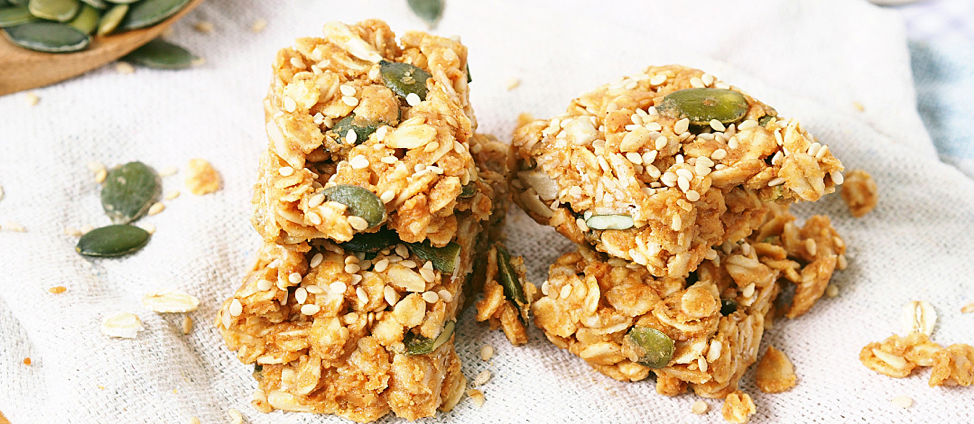A new year can inspire you to set goals and work toward building healthy habits. Many people make New Year's resolutions, but few resolutions last beyond January.
Habits are something you do automatically, without thinking, and are a key component of positive behavior change. You probably brush your teeth every night before bed, not because you consciously think about it but because it has become a habit.
Habits are powerful, as they require little mental energy and motivation, but forming new habits is not always easy. So, how long does it take to create a healthy habit that becomes a permanent lifestyle change?
Science shows that small behavior changes coupled with consistent routines are the equation for lasting healthy habits.
How Long Does It Take to Create a Healthy Habit?
The popular 21/90 rule, echoed by many self-help leaders, states it takes 21 days to make a habit and 90 days for it to become a permanent lifestyle change. While it's encouraging to think that any change is possible in just three weeks, the reality is more complicated.
The 21/90 rule was initially presented by Maxwell Maltz, a plastic surgeon in the 1960s, who based it on his observations of patients adjusting to their new appearance and his own experiences adapting to change. It wasn't a rigorous study, but rather anecdotal evidence. Regardless, it gained popularity and has been widely and incorrectly repeated for decades.
When diving deeper, there's little evidence to back Maltz's claims. There's no magic number of days to form a habit or make a lifestyle change. The issue with this is that many people who buy into the rule will give up if they don't see immediate results. The science does, however, provide insight into factors that may contribute to a healthy habit becoming a permanent lifestyle change.
The Science of Habit Formation
Habits are automatic responses to specific cues in your environment. For instance, a person might develop a habit of going for a walk or run (response) every morning after waking up (cue) because they've repeated this behavior pattern so often.
Although researchers have attempted to pinpoint it, there's no way to predict how long it takes to form a habit because there are so many different factors such as environment, personal motivation, the type of habit and more. In a recent study, researchers discovered that the time required to form a habit varied greatly, ranging from less than a month to over six months, depending on the individual and the behavior itself. Different goals and habits may take more or less time to become ingrained in your daily routine based on factors like environment, personal motivation and type of habit.
Researchers suggest incorporating environmental cues to help you remember to perform the behavior and make it easier to repeat the behavior. For example, if you always follow lunch with a 15-minute walk, the context of lunch now triggers you to associate it with moving your body right after.
Is It Harder to Form Healthy Habits Than Bad Habits?




Social Share